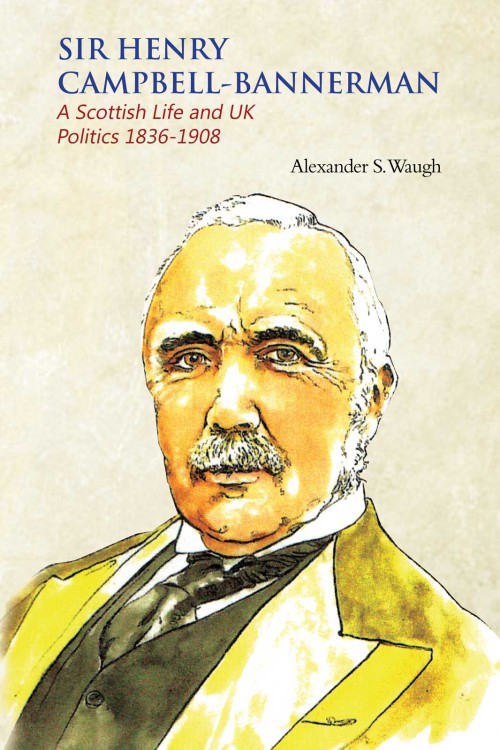A Concrete Bridge on Wooden Pillars is a collection of opinions and wishes presenting how the African rural masses, who are the largest economic contributors, think how their rural problems can be resolved politically, socially and economically.
It is a culmination of the author’s early experiences of rural living. As a young boy he wonders why young men have to be hunted down by tax police in order to pay tax. He is intrigued and troubled by issues surrounding tax and the many difficulties of rural living, including poverty, hunger and conflicts.
The author ascribes all these problems to the destruction of rural environment that has been enhanced by incompatible models of rural habitation with changed demographic and economic models. He suggests neglect of the rural by successive governments whose erroneous policies have resulted in skewing of resources towards the cities and their exportation are to blame. He also argues that this has been made worse by continued use of carbon copies of western governance systems that provoke adverse political and social issues that create the environment not conducive to investment.
The author suggests that African governments need to develop adaptive governance systems and tap the eager and willing human resource that is desperate to escape poverty in order to achieve credible development.












